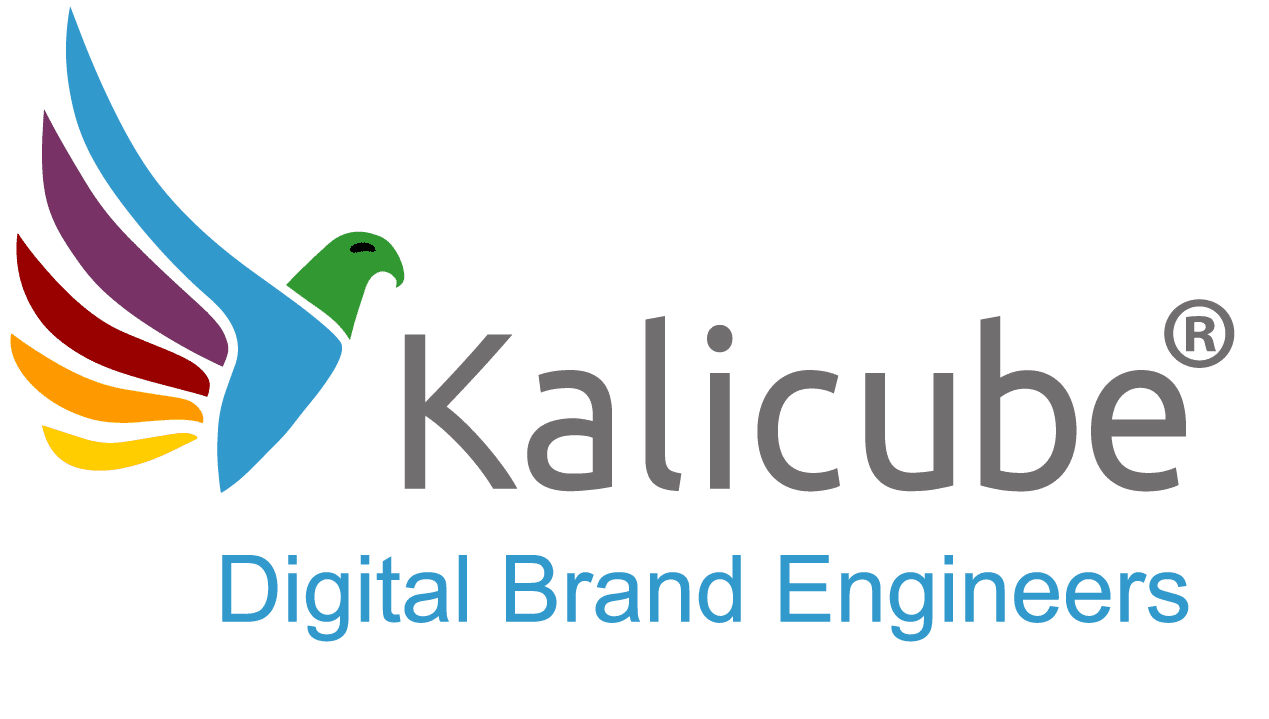Natural Language Processing
How to Apply Natural Language Processing Approach in Creating Content That Google Understands with Mike King
What Is Content Engineering and How to Apply It Explained by Mike King 30 November 2021 at 17 H CET (Paris) Mike King is the founder and managing director of...
Finding the Centerpiece Content with Martin Splitt
Practical Rendering SEO Explained October 7, 2021 Martin Splitt is a certified Developer Advocate with the Google Search Relations team in Zurich, Switzerland. In this video interview with Jason Barnard,...
